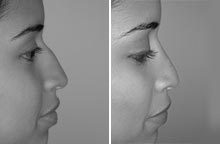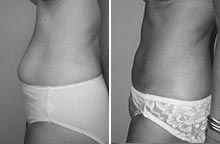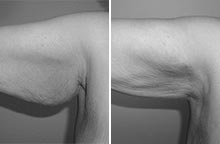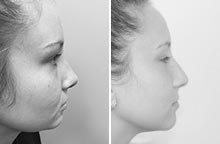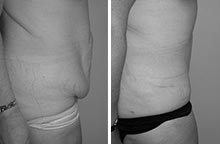Age spots and skin hyperpigmentation (discoloration) may affect just about anyone at any given time of year. While there are hundreds of reasons why skin may become discolored which requires proper diagnosis and treatment, some of the common forms of skin discoloration and age spots may be responsive to microdermabrasion, chemical peels and/or laser treatment. This is because these treatments can affect the changes that occur in the melanin of your skin which causes skin discoloration and age spots. In the meantime, first the basics.
The epidermis layer of your skin consists of a dark pigment called melanin. Melanin is responsible for the color of your skin. When you expose your skin to sunlight without protection, melanin production increases to protect your skin. When high levels of melanin are produced or become clustered because of accelerated production, freckles and brown spots also known as age spots appear. Too, the natural aging process stimulates the production of melanin which can result in skin discoloration.
The good news is that medical grade skincare can help prevent or improve slight skin discoloration and age spots. Healthy lifestyle habits, such as, no smoking can play a role in preventing age spots and skin discoloration. Management of medical conditions, such as, skin conditions, lupus, cancer, Hypothyroidism and ovarian conditions can reduce the risk of age spots and skin discoloration.
Light skinned people are particularly prone to age spots and skin discoloration. Yet, dark skinned people are not immune.
If you are interested in a plastic surgery, call board certified Dr. David Abramson, New York, New York plastic surgeon for a thorough consultation at 201-731-3134!
